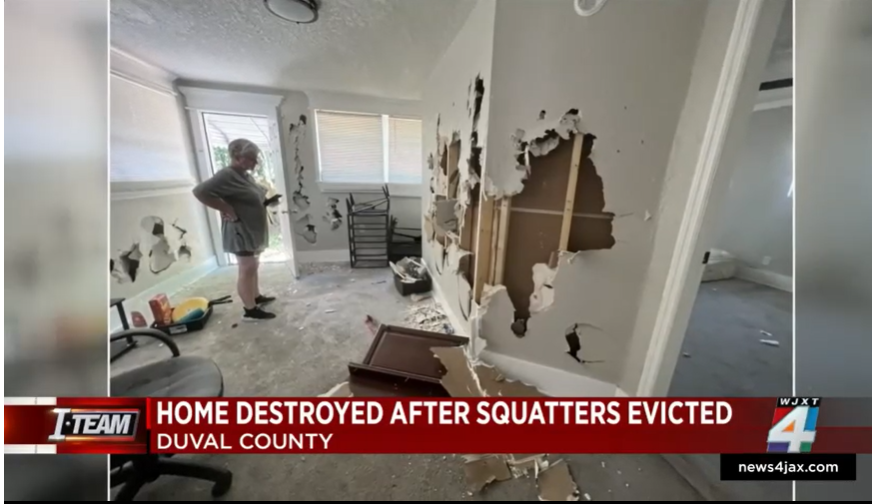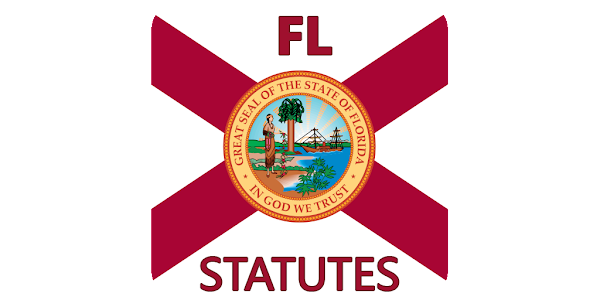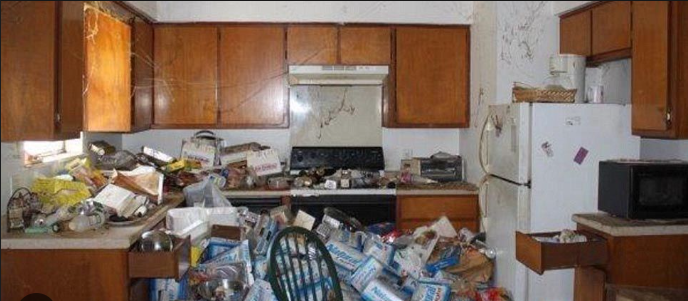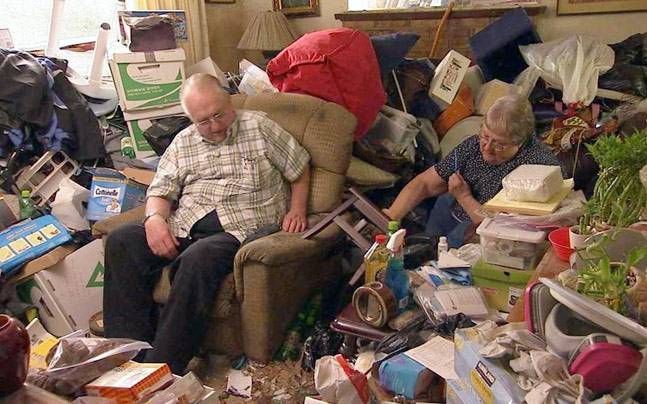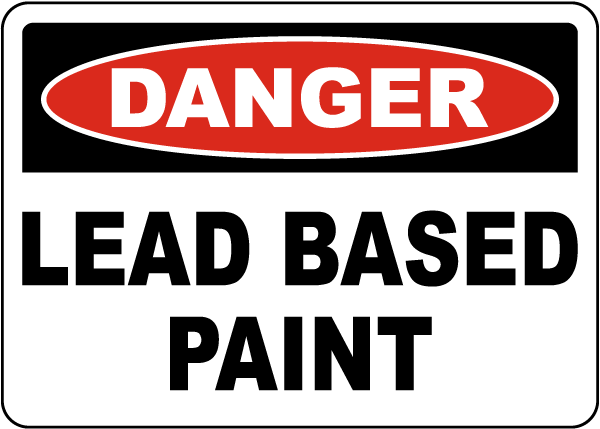
What To Do When Your
Tenant Moves Out
Your tenant has moved out. While your priority is to clean and paint and do all of the other things necessary to get the unit rented as soon as possible, there are a number of things which good business practice suggests -- and some which State law demands.
Note: There are a number of documents to which this article refers. All of them are available at this website by clicking on the appropriate link in the article.
First! Is the Unit Really Empty/Abandoned?
The electric is off, the water is off, the unit is filthy and filled with trash, empty beer cans, some clothes, piled up unclaimed mail, and the neighbor tells you that they saw the tenant pack up and leave last week. Is the unit abandoned? Can you take possession of the unit and get it ready for the new tenant? Not if you want to follow the law and protect yourself from liability! Click Here to read a very important article written by Michael Geo. F. Davis, Attorney at Law, on the subject of “Abandonment”.
Document The Money
Document very carefully all of the money you believe your former tenant owes you. This includes rent, late fees, NSF checks, expenses which were supposed to be reimbursed but weren't, other expenses such as eviction costs, etc.
Document Damage and Losses Carefully list the individual repairs to the rental unit for which you believe your former tenant is responsible. Be sure to include the cost for each item. Remember, the tenant is obligated to return the rental unit to you in substantially the same condition it was in when they originally took occupancy, minus "normal wear & tear".
Create and Invoice:
Create a proper invoice and list each of the expenses. These should be expenses which you have incurred, for which you have paid receipts. This constitutes your final bill to the tenant unless you find hidden damage later or if the tenant moved prior to the end of the lease and the unit remains vacant. Important Cavate: You can not charge the tenant for your own labor unless it is specified in the lease.
Security Deposit
Florida statues are very specific regarding the return of your tenant's security deposit and any claims you intend to impose against it. There are no exceptions!. The rules are the same for tenants who move out under good conditions and those who don’t, including eviction. Also, keep in mind this notice deals with the Security Deposit only! It is does not necessarily constitute the final bill to the tenant.
Here is part of the statute which specifies the landlord's responsibility for the security deposit upon the tenant's vacating the premises:
Florida Statutes Section 83.49 (3)(a)
Upon the vacating of the premises for termination of the lease, if the landlord does not intend to impose a claim on the security deposit, the landlord shall have 15 days to return the security deposit together with interest if otherwise required, or the landlord shall have 30 days to give the tenant written notice by certified mail to the tenant's last known mailing address of his intention to impose a claim on the deposit and the reason for imposing the claim.
What is "last known mailing address"?
The usual last known mailing address is the address of the premises or the address to which you have been sending correspondence to the tenant while the tenant was living on the premises or any other address that the tenant has given you to send correspondence to the tenant by mail.
Return all of the security deposit
If you intend to return all of tenant's Security Deposit you must do so within 15 days of the tenant vacating the premises. You may hand deliver it or mail it, via Certified Mail to the tenant's last known address.
Notice of Intention to Impose Claim Against Security Deposit
If you intend to impose a claim of any amount against the tenant's security deposit you must send a very specific letter to the tenant's last known address within 30 days upon the tenant vacating the premises.
This letter must be sent via Certified Mail and we recommend "Return Receipt Requested". If you fail to send this letter within 30 days your tenant may demand -- and you will have to pay -- the full amount of the security deposit, plus potentially attorney fees and court cost, regardless of any other debts your tenant may owe to you. Send the letter! ( Click Here to Download the Letter )
Abandoned Personal Property
Florida statues are clear regarding your tenant’s personal property. If anything is left behind the property owner has certain responsibilities based upon the value of the personal property.
Florida Statutes Section 715.104
1. When personal property remains on the premises after a tenancy has terminated or expired and the premises have been vacated by the tenant, through eviction or otherwise, the landlord shall give written notice to such tenant and to any other person the landlord reasonably believes to be the owner of the property.
2.The notice shall describe the property in a manner reasonably adequate to permit the owner of the property to identify it. The notice may describe all or a portion of the property, but the limitation of liability provided by s. 715.11 does not protect the landlord from any liability arising from the disposition of property not described in the notice, except that a trunk, valise, box, or other container which is locked, fastened, or tied in a manner which deters immediate access to its contents may be described as such without describing its contents. The notice shall advise the person to be notified that reasonable costs of storage may be charged before the property is returned, and the notice shall state where the property may be claimed and the date before which the claim must be made. The date specified in the notice shall be a date not fewer than 10 days after the notice is personally delivered or, if mailed, not fewer than 15 days after the notice is deposited in the mail.
3. The notice shall be personally delivered or sent by first-class mail, postage prepaid, to the person to be notified at her or his last known address and, if there is reason to believe that the notice sent to that address will not be received by that person, also delivered or sent to such other address, if any, known to the landlord where such person may reasonably be expected to receive the notice. Therefore, if the tenant left personal property and you estimate the total value to be less than $500.00, send "Notice of Right To Reclaim Abandoned Property - Value less than $500.00".
If the tenant left personal property and you estimate the total value to be more than $500.00, send "Notice of Right to Reclaim Abandoned Property - Value in excess of $500.00" and then very carefully read the following:
Florida Statutes Section 715.107 -- Storage of abandoned property
The personal property described in the notice either shall be left on the vacated premises or be stored by the landlord in a place of safekeeping until the landlord either releases the property pursuant to s. 715.108 or disposes of the property pursuant to s. 715.109. The landlord shall exercise reasonable care in storing the property, but she or he is not liable to the tenant or any other owner for any loss unless caused by the landlord's deliberate or negligent act. Click Here To Download The Letter.
Debt Collections
If your former tenant refuses to pay your invoice for damage, etc., the next step is to decide how to try to collect. You have a few options: However, before you take a single step to collect any debt, please carefully read this article about the Federal Fair Debt Collections Practices Act. It's important!
Small Claims
Attorney, Harry Anthony Heist has written an excellent article on the subject of Small Claims Court. He is writing to Professional Property Managers and Owners and Manages of apartment communities. The content applies to private landlords as well. Click Here For Article
Since it is clear from Attorney Heist's article that taking your former tenant to Court may be a dubious effort, you may find that a Collections Agency is perfect for the job.
Collection Agency: A company who's purpose is to collect debt on behalf of other people and business. Most such agencies, after agreeing to accept the task, will take a number of steps to try to collect some or all of the money owed to you. Among other things they should: Perform a skip-trace to learn the whereabouts of the debtor. Write one or more collection letters to the debtor demanding payment. They should report the debt to the three major credit agencies. This is important this will alert the world that your former tenant owes you money. If they try to finance a major purchase, such as a car or a home, the lender may require them to pay their debt to you before they will lend.
In any case, Collection Agency is usually your first step in trying collect the debt. There should be no upfront cost to you from the agency. They are compensated by retaining usually 50% of any money collected. After working the case, if they fell you have a chance in Court they may recommend Small Claims court. Remember, they are the experts at collecting debt and they don't get paid unless they do.
That's it.
Remember to Document your claims, satisfy the law regarding your tenant's security deposit and personal property, and take every legal and effective step possible to collect any money your tenant owes you.



